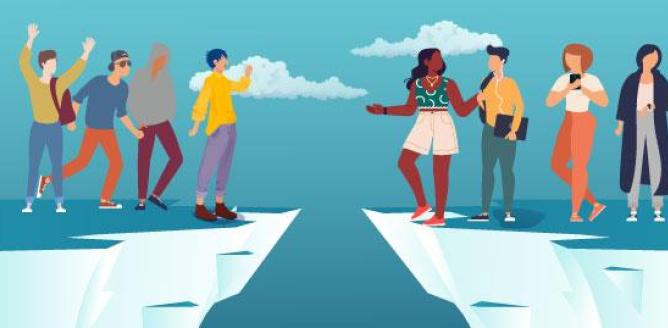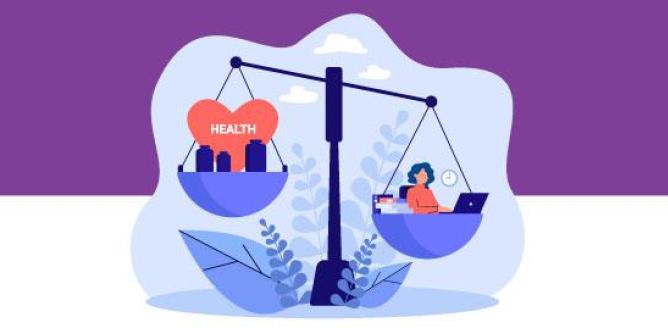“We are all storytellers. We all live in a network of stories. There isn’t a stronger connection between people than storytelling.” - Jimmy Neil Smith, Founder, International Storytelling Center
Stories matter. In the classroom, employing storytelling techniques improves student’s reading comprehension and writing skills. In the courtroom, stories create more credibility in legal claims. In business, storytelling makes for motivating, authentic leaders.
This should not be surprising. Research shows that stories are more effective than fact-based learning – they are remembered longer and more accurately than statistics and figures. Stories are crucial in building empathy and connection.
Storytelling is also a compelling tool for social change. It can foster community dialogue and break the silence on taboo issues. Stories can be instrumental in promoting positive social norms, values and beliefs.
Powerful movements for change like #MeToo were built on the collective stories of individuals. Newer forms of storytelling are also gaining popularity in the form of digital art and photo storyboards. Instagram platforms like CuteCatcalls share illustrated real-life stories that raise awareness around the prevalence of women being harassed in public spaces.
At the heart of stories are the values that underpin them and in turn their potential to lay the groundwork for social transformation. By identifying the values that we uphold as individuals and as a community, and then incorporating these into a story of what is possible – for our city and our world— we are more effective at inspiring others to adopt the same vision.
This is particularly true in our work for gender equality. At TWF, we recognise the power of purposeful storytelling to create positive change. Our #MakePeopleCount campaign helps contribute towards building an environment where victim-survivors feel supported to seek the help they need – because we know the privilege of being able to tell your story isn’t always possible. We incorporate storytelling into our Male Allies curriculum to normalise men telling stories about gender issues — because who tells a story can be just as powerful as the story itself. Our #MyRealCareerLine, #FlippingtheScript and She Objects campaigns all use stories differently – employing personal narrative, humour and animation to highlight challenges facing women and girls – because we know that the ways to tell a story are as diverse as the individuals and organisations who tell them. These are just a few examples of how we utilise stories and also look to build a diverse community of storytellers for gender equality.
Each of us is a storyteller. We each carry within us the stories that can disrupt status quo and build an inclusive and gender equal city.
What story will you tell?
Get in touch at Fiona.Nott@twfhk.org.





















